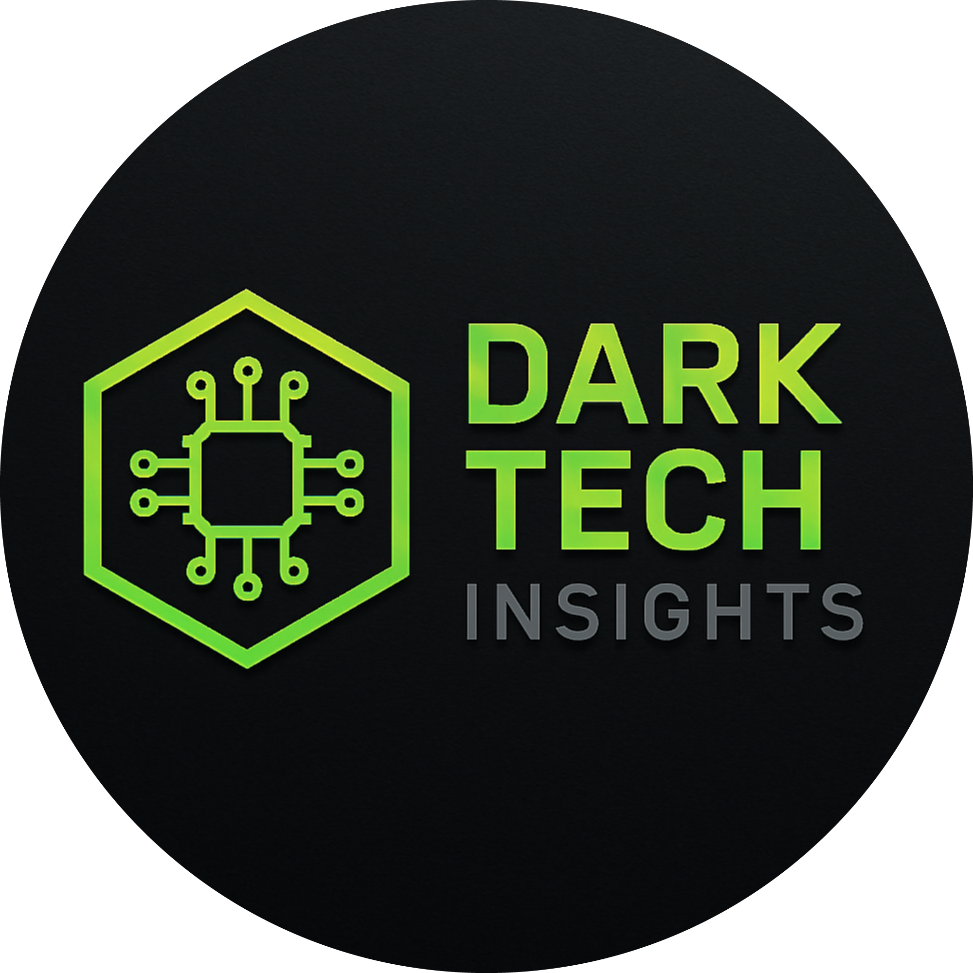The Hidden Downsides of AI IDEs No One Talks About

Written by Abdul Rehman KHAN
Founder of DarkTechInsights.com & DevTechInsights.com
A.R. Khan is a tech blogger, programmer, and SEO strategist known for critically evaluating the fast-evolving tech landscape. With a sharp eye on both innovation and its unintended consequences, he brings deep insight into developer tools, AI trends, and digital ethics.
Table of Contents
Introduction
AI-powered IDEs promise to be the future of coding. From GitHub Copilot to Tabnine and Replit Ghostwriter, we’re told they’ll save time, boost productivity, and even write entire codebases. But are we jumping in too fast?
Behind the shiny marketing and automated completions lies a darker side — one that threatens the core of programming itself. This blog takes a brutally honest look at the hidden risks of AI IDEs, grounded in expert insights, real-world examples, and ethical concerns.
⚠️ 1. The Illusion of Productivity
AI IDEs make you feel productive. They autocomplete your functions, suggest boilerplate, and even fix bugs on the fly. But this creates an illusion of competence.
You might ship faster, but are you learning slower?
A recent study from Stanford found that developers using AI tools made more security mistakes in simple tasks than those who didn’t use them.
EEAT Insight: Instead of relying solely on flashy tools, we need to foster deeper critical thinking. Tools that replace thought instead of supporting it can degrade long-term developer skill sets.
🧠 2. Code Without Understanding
Ask any seasoned dev: good code isn’t just about working, it’s about why it works.
AI IDEs can suggest code snippets that run fine, but unless you understand the underlying logic, debugging or scaling that code becomes a nightmare.
Developers are beginning to trust output from AI tools blindly — introducing potential vulnerabilities and poor architecture decisions.
This blind reliance is especially dangerous for junior developers.
🕵️♂️ 3. Privacy and Data Risks
When you use an AI IDE, your code might be sent to remote servers to analyze, learn from, and suggest completions. That includes:
- Proprietary company code
- Sensitive variables
- Internal APIs
Tools like GitHub Copilot have already raised legal and ethical red flags for training on open-source repositories without explicit permissions.
What’s stopping them from doing it with your code next?
💰 4. Locked Behind Paywalls
Let’s be real: most of the high-performing AI IDEs come at a cost. And it’s only going up.
Copilot is $10/month. Replit Pro with Ghostwriter adds more. Tabnine’s enterprise plans aren’t cheap either.
This creates a tooling inequality:
- Well-funded devs have superpowers.
- Beginners and indie developers get left behind.
“Coding shouldn’t become a pay-to-play game.”
🤖 5. Homogenization of Code
One overlooked effect of widespread AI IDE usage is how uniform everyone’s code becomes.
If everyone uses the same AI-generated patterns:
- Creativity gets stifled.
- Innovation is minimized.
- Stack Overflow becomes obsolete.
EEAT Note: Engineering requires diversity of thought. Uniformity might be efficient short-term, but it kills innovation in the long run.
🔐 6. Security Concerns
AI doesn’t “understand” security. It just mimics what it sees.
That’s why tools like Copilot have repeatedly been caught suggesting:
- Insecure API usages
- Deprecated libraries
- Hardcoded credentials
In production, such mistakes aren’t just bugs — they’re potential data breaches.
As AI IDEs mature, so must our scrutiny of their suggestions.
🧑💻 7. Over-automation Weakens Skills
AI tools automate everything from naming variables to writing documentation. Sounds great, right?
Until you hit a problem the AI can’t fix.
Developers who are too dependent on AI:
- Struggle with debugging
- Don’t understand architecture
- Lack algorithmic thinking
True expertise isn’t built through shortcuts.
👥 8. No Context Awareness
Even the best AI IDEs lack full awareness of:
- Project goals
- Business logic
- User needs
So while it might guess how to write a React component, it won’t know why you’re building it.
You still need human intuition, collaboration, and design thinking — something an AI simply can’t replicate.
🧩 9. Ethics of AI Code Generation
Is AI-written code… yours?
In the age of copyright chaos and open-source licensing battles, AI IDEs blur the line between:
- Author
- Generator
- Contributor
Using AI-generated code may unknowingly violate licensing terms, leading to legal liability.
Would you risk your startup over a code suggestion?
📉 10. The Risk of Career Devaluation
When AI starts writing code:
- Companies hire fewer junior devs.
- Expectations for seniors rise unrealistically.
- Middle-tier devs get squeezed out.
EEAT Insight: This shift isn’t just technical, it’s economic. If the only coders hired are “prompt engineers” and AI tool operators, we risk the slow death of real software craftsmanship.
🧭 Final Thoughts
AI IDEs can be powerful allies — when used with intention, awareness, and caution. But treating them as replacements for real skill, thinking, or ethical development is a dangerous path.
At DarkTechInsights, we’re not anti-AI — we’re pro-awareness.
Technology evolves. But so must our scrutiny. Don’t hand over your keyboard — or your career — without a fight.
1. Should I avoid AI IDEs completely?
No. Use them wisely, and as a tool — not a crutch.
2. Are AI IDEs dangerous for enterprise projects?
They can introduce security risks and legal ambiguity if not vetted carefully.
3. What’s the alternative to AI IDEs?
Traditional IDEs with smart plugins (e.g., VS Code, IntelliJ), strong community support, and your own problem-solving skills.
4. Can I use AI IDEs safely?
Yes, but always review suggestions, avoid sharing private code, and stay aware of licensing issues.
If you want lighter version of this blog with pros and benefits and enhanced visuals, visit
